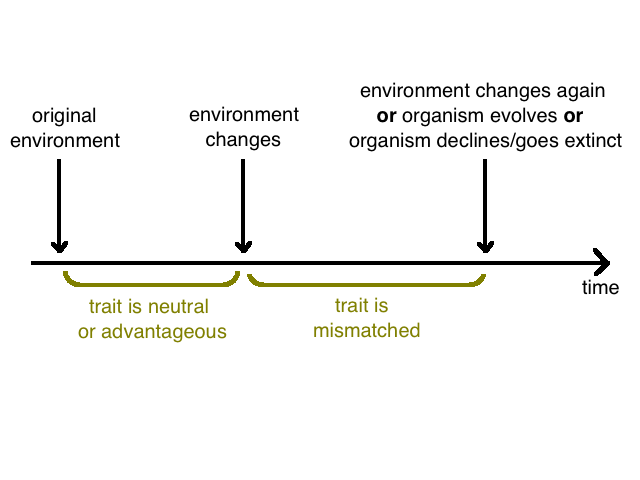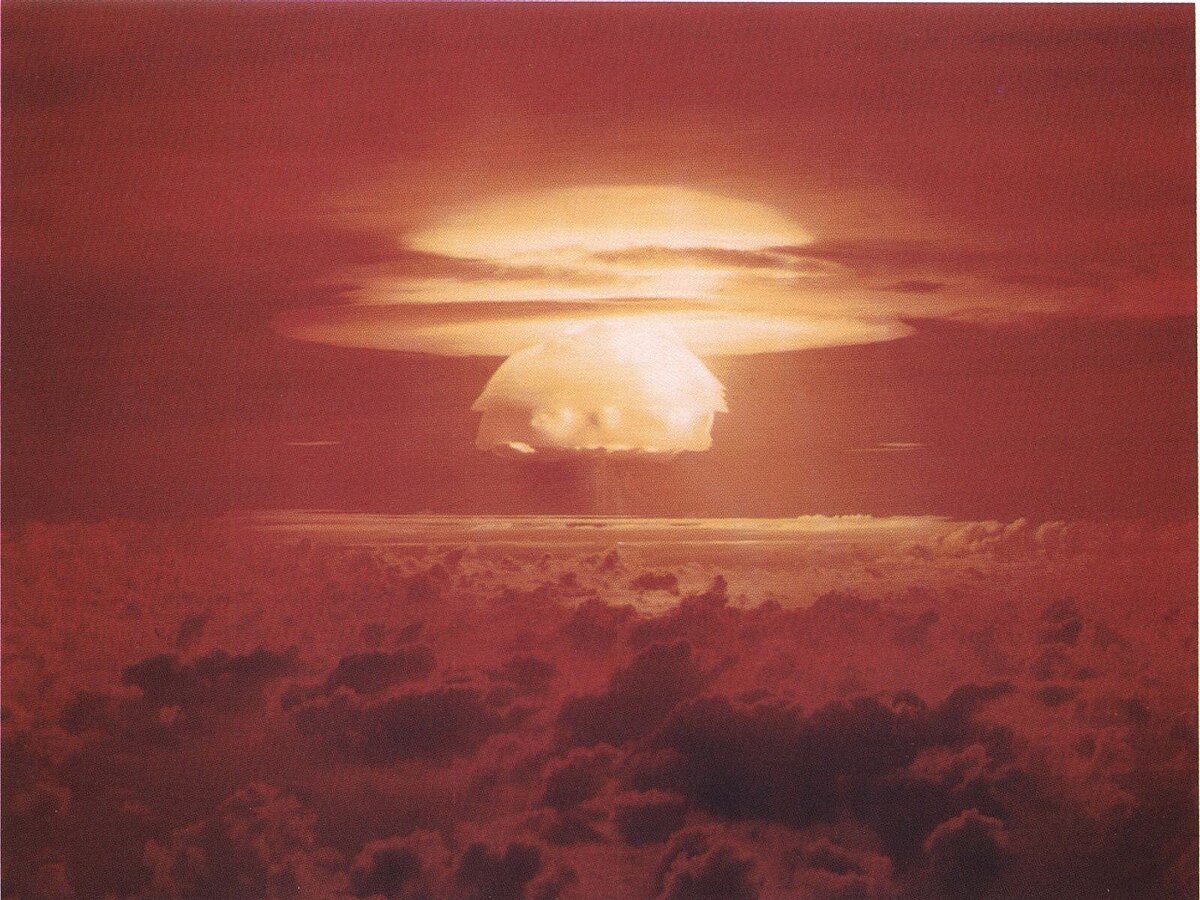Jay Sea
Member
- Mar 23, 2023
- 43
Hi sanctioned suicide community,
I have been a lurker on this site for many years, but I rarely every post.
To give a quick bio about me, I struggled against depression for most of my life, with suicidal ideations, but I had never made any attempts, not yet anyways.
I've had a good life, with decent income and supportive family, I have gone through a lot of schooling, I have a M.Sc. degree in chemistry, but somehow was too depressed at the time to carry on in that field, I sought out green pastures else where, went to school and got a JD, but I didn't work long in that field either.
There must be something wrong with me, I just can't seem to be able to hold down a normal job like most people, I don't know why but I just get a feeling of dread when I used to work at my old jobs, just a sense of dread, hopelessness and utter exhaustion.
In Feb 2022, the moment Russia invaded Ukraine, I for the first time that i could remember, suddenly felt more alive than i had ever been, my mind raced and thoughts came to me like never before, I began documenting the war on my blog, writing my thoughts down everyday and trying to understand the whole situation. Soon after I started, I began to question everything: how people treat one another, why there are so many problems with society, and deeper questions about our own existence and what is the point of all this.
It felt incredibly therapeutic to me and gave me a sense of purpose to continue, my questioning led me to write a book, which was completed and submitted only a few days ago, and I hope to share with you all today.
The title is: ON THE ORIGIN OF GOD(s) BY MEANS OF SUPERNATURAL SELECTION: AN ABSTRACT, written by Jay Sea (my pen name) you can find it on amazon, the link is here:
(The cover page is getting updated in a few days to feature a dark/black background with a single leaf on the front cover)
the basic gist of this book is that there are natural laws in the universe governing human interactions much like how there are natural laws of gravity, electromagnetism or nuclear forces, this law, in my view is the golden rule: "do unto others as you would have them do unto you", the reason why it is a real rule, and a rule that humans must obey, is that it is probably the only way to prevent a nuclear war. Darwin postulated the theory of natural selection, which drives competition between individuals, but this becomes problematic for any intelligent species that is able of advancing technologically and eventually obtaining weapons capable of triggering mass extinction. Therefore, there is another kind of selection taking place, one that I termed supernatural selection, and the crux of that supernatural selection is based on the golden rule.
you can preview a few sections of the book on Amazon website directly, with the button "read sample" below the cover photo
I'll be happy to provide a free copy if you like to review, just PM me here
I have been a lurker on this site for many years, but I rarely every post.
To give a quick bio about me, I struggled against depression for most of my life, with suicidal ideations, but I had never made any attempts, not yet anyways.
I've had a good life, with decent income and supportive family, I have gone through a lot of schooling, I have a M.Sc. degree in chemistry, but somehow was too depressed at the time to carry on in that field, I sought out green pastures else where, went to school and got a JD, but I didn't work long in that field either.
There must be something wrong with me, I just can't seem to be able to hold down a normal job like most people, I don't know why but I just get a feeling of dread when I used to work at my old jobs, just a sense of dread, hopelessness and utter exhaustion.
In Feb 2022, the moment Russia invaded Ukraine, I for the first time that i could remember, suddenly felt more alive than i had ever been, my mind raced and thoughts came to me like never before, I began documenting the war on my blog, writing my thoughts down everyday and trying to understand the whole situation. Soon after I started, I began to question everything: how people treat one another, why there are so many problems with society, and deeper questions about our own existence and what is the point of all this.
It felt incredibly therapeutic to me and gave me a sense of purpose to continue, my questioning led me to write a book, which was completed and submitted only a few days ago, and I hope to share with you all today.
The title is: ON THE ORIGIN OF GOD(s) BY MEANS OF SUPERNATURAL SELECTION: AN ABSTRACT, written by Jay Sea (my pen name) you can find it on amazon, the link is here:
ON THE ORIGIN OF GOD(s) BY MEANS OF SUPERNATURAL SELECTION: AN ABSTRACT: Sea, Jay: 9781738376506: Amazon.com: Books
ON THE ORIGIN OF GOD(s) BY MEANS OF SUPERNATURAL SELECTION: AN ABSTRACT [Sea, Jay] on Amazon.com. *FREE* shipping on qualifying offers. ON THE ORIGIN OF GOD(s) BY MEANS OF SUPERNATURAL SELECTION: AN ABSTRACT
www.amazon.com
the basic gist of this book is that there are natural laws in the universe governing human interactions much like how there are natural laws of gravity, electromagnetism or nuclear forces, this law, in my view is the golden rule: "do unto others as you would have them do unto you", the reason why it is a real rule, and a rule that humans must obey, is that it is probably the only way to prevent a nuclear war. Darwin postulated the theory of natural selection, which drives competition between individuals, but this becomes problematic for any intelligent species that is able of advancing technologically and eventually obtaining weapons capable of triggering mass extinction. Therefore, there is another kind of selection taking place, one that I termed supernatural selection, and the crux of that supernatural selection is based on the golden rule.
you can preview a few sections of the book on Amazon website directly, with the button "read sample" below the cover photo
I'll be happy to provide a free copy if you like to review, just PM me here
Last edited:



